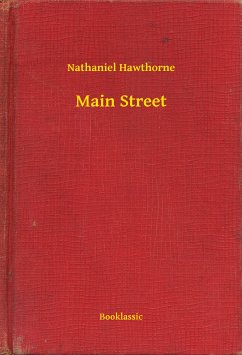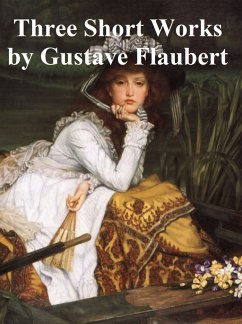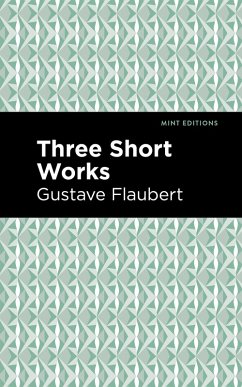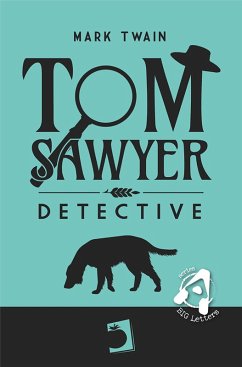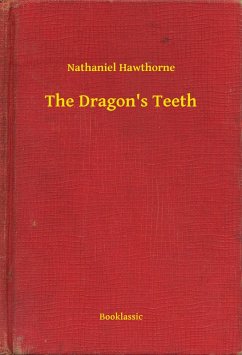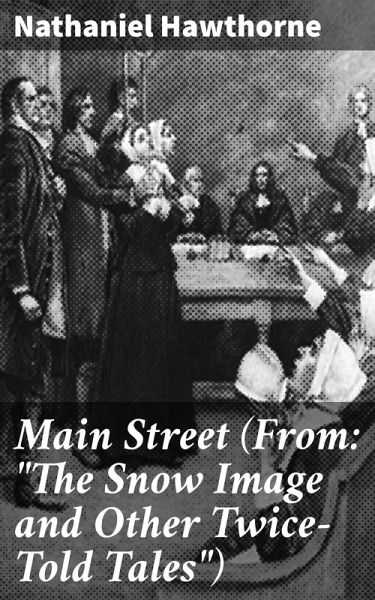
Main Street (From: "The Snow Image and Other Twice-Told Tales") (eBook, ePUB)
Exploring Isolation and Longing in Small-Town America
Versandkostenfrei!
Sofort per Download lieferbar
0,49 €
inkl. MwSt.
Weitere Ausgaben:

PAYBACK Punkte
0 °P sammeln!
In "Main Street," a poignant tale from Nathaniel Hawthorne's "The Snow Image and Other Twice-Told Tales," the author masterfully weaves a narrative that explores the complexities of human interaction within the confines of a seemingly idyllic small-town setting. In this succinct yet rich story, Hawthorne employs a blend of allegorical elements and vivid imagery that embodies the literary style of American Romanticism, characterized by a deep introspection and an exploration of moral themes. The story reflects the tension between individual desires and social expectations, offering a keen insig...
In "Main Street," a poignant tale from Nathaniel Hawthorne's "The Snow Image and Other Twice-Told Tales," the author masterfully weaves a narrative that explores the complexities of human interaction within the confines of a seemingly idyllic small-town setting. In this succinct yet rich story, Hawthorne employs a blend of allegorical elements and vivid imagery that embodies the literary style of American Romanticism, characterized by a deep introspection and an exploration of moral themes. The story reflects the tension between individual desires and social expectations, offering a keen insight into the human condition amidst the backdrop of 19th-century America. Nathaniel Hawthorne, an eminent American novelist and short story writer, draws upon his own experiences growing up in the New England atmosphere, a region marked by strict Puritan values and a rich literary heritage. Hawthorne's keen interest in the darker aspects of human existence and his exploration of sin, guilt, and redemption are greatly influenced by his ancestry and early life. His unique perspective as both an observer and participant in the complexities of societal norms informs the depth of character and motivation exhibited in "Main Street." Readers seeking a rich, thought-provoking narrative will find "Main Street" to be an essential exploration of community and individuality. Its timeless relevance and eloquent prose make it a deserving addition to both academic and personal libraries. This tale is not merely a reflection of its era but a meditative piece that invites contemporary readers to consider the implications of living in a closely-knit society.
Dieser Download kann aus rechtlichen Gründen nur mit Rechnungsadresse in A, B, BG, CY, CZ, D, DK, EW, E, FIN, F, GR, H, IRL, I, LT, L, LR, M, NL, PL, P, R, S, SLO, SK ausgeliefert werden.





